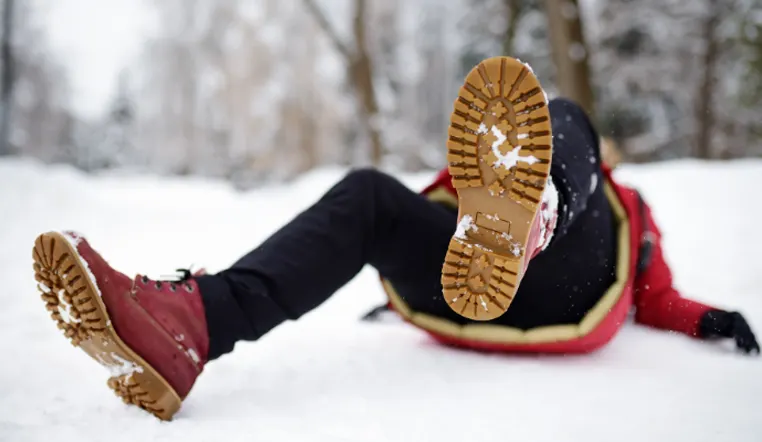Being a family caregiver during frosty northern winters can be especially challenging. From power outages to slip and fall accidents on black ice, being prepared is key. Here are our top ten suggestions:
Preparing for Winter
- Emergency Kit: Ice and snow storms can keep individuals stuck indoors for several days in a row. Make sure to have at least a 3-day food and water supply, a battery operated weather radio, one week’s supply of medications, blankets and warm clothing that can be used in the event of a power outage.
- Cell Phone or Emergency Call System: Another way to make sure your loved one stays safe is to provide them with a way to be able to quickly call you or 911 for help. Both a cell phone or an emergency call system can make that easier.
- Winter Gear: Also make sure they have good outdoor winter weather gear. Heavy coats, hats and mittens are a must. Boots with non-skid treads are another necessity.
- Furnace Inspection: Carbon monoxide is a deadly risk during winter months. Check with your loved one to see if their furnace has been inspected this season and to make arrangements for that to happen if they haven’t.
- Sidewalks and Drive: If you aren’t able to keep your loved ones sidewalks and driveways clear of ice and snow, help them interview and hire a landscaping service to do so. Your local agency on aging may be a good resource for helping you locate a contractor you can trust.
- Transportation Alternatives: Encourage them to use alternate forms of transportation on snowy or icy days. From local busing services to Uber, there are a variety of options to meet their needs.
- Vehicle Safety: Their car might also need to undergo a check-up. It should be checked out for tire condition, antifreeze, wiper fluid and wiper blades, heater/defroster, and battery life.
- Vehicle Emergency Kit: Much like the emergency kit you put together for your loved one’s home is one you should to create to keep in their vehicle(s). Food, water, blankets, a cell phone and car charger, as well as warm clothing should be kept in an easy to access location in their vehicle(s). Behind the driver or passenger seat is probably best. In the event they get stranded on the roads during winter weather, they can stay warm and safe until help arrives.
- Senior Registry Program: Some communities in and around certain areas have programs in place to allow seniors and their caregivers to register an older adult’s name and address noting the fact that they live alone. It makes first responders aware of their situation during emergencies.
- Respite Care Services: Our final tip is to take advantage of a respite care program at a local assisted living community if you need to travel this winter. This way, you can ensure your loved one will stay safe and secure until your return.


